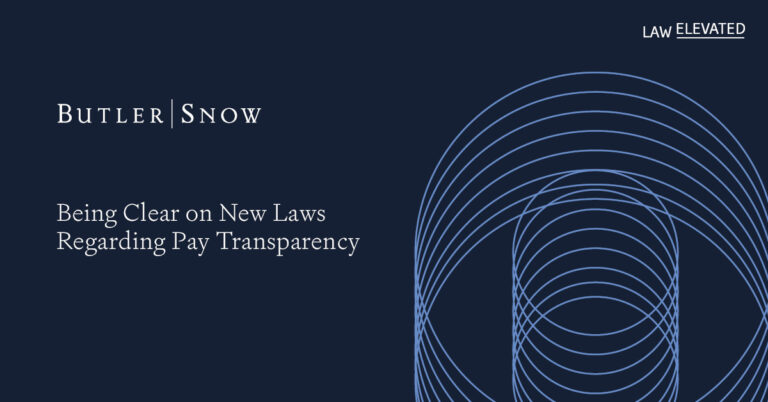As of early November 2022, employers in New York City must disclose salary information in their job postings as part of its recent pay transparency law, as passed by New York’s City Council. This is part of a growing trend of legislation on pay transparency, with at least fifteen states either proposing or passing similar legislation. These laws are often purported as one tool of many in addressing wage gaps. Among other requirements, the law mandates that New York City employers must, in good faith, post a salary range on all job openings. As a similar law awaits to be signed by New York’s governor, the New York City mandate has already seen backlash, as some employers have been posting extremely broad, unrealistic ranges[1]. Still, employers across the country should be prepared to handle recently enacted or soon-effective pay transparency requirements. Below is a general overview of legislation in several jurisdictions.
Washington
Washington’s Equal Pay and Opportunities Act requires employers to provide the wage or salary range of a position to an applicant once offering employment. An employer must also provide this information to a promoted or internally transferred employee. The applicant or employee must request this wage or salary information before the employer is required to provide it. Generally, employers also cannot seek applicants’ wage or salary history. This law’s provisions, effective in 2023, also require employers to modify job postings, including adding a salary range and describing the types of offered compensation. A violating employer can face a fine of up to $500 for their first violation of the Act and for repeated violations, up to $1,000 or 10% of the damages, whichever is greater.
Maryland
Since October 1, 2020, Maryland’s Equal Pay for Equal Work Law has required Maryland employers to provide a wage range to all applicants who request one. Employers cannot refuse to interview, hire, or employ someone for making this request. Employers also cannot request a potential hire’s compensation history.
Colorado
Effective January 1, 2021, the Equal Pay for Equal Work Act requires employers with at least one employee in Colorado to provide the rate or range of compensation in all job postings. Job postings must also generally describe bonuses, commissions, or other compensation. The law is enforced with fines between $500 and $10,000 per violation.
Connecticut
Effective October 1, 2021, Connecticut’s Act Concerning the Disclosure of Salary Range for a Vacant Position requires employers to disclose to current employees and applicants the wage range for open positions, either by (1) request or (2) before or at the time an offer is made, whichever comes first. To determine a wage range, employers can look to any applicable pay scale, previously determined range of wages for the position, the actual range of wages for employees who currently hold comparable positions, or the budgeted amount for the position.
Nevada
Also beginning October 1, 2021, Nevada requires employers to disclose wage or salary ranges to applicants after an initial interview. Employers must also share this wage or salary range with employees applying for, interviewing for, or being offered a promotion or transfer. Employers can be fined up to $5,000 per violation.
California
Starting January 1, 2023, California private and public employers who have fifteen or more employees must, among other requirements, include a salary range or pay scale on their job postings, including job postings on third-party sites. Upon request, these employers must also give current employees and applicants a pay scale for their position. Currently, this law remains unclear on what is included in this pay scale, such as whether PTO or other benefits are part of the equation. The law also does not specify how it handles remote employment. Employers who fail to comply face up to a $10,000 penalty per violation. However, employers may cure the violation without penalty for initial violations by revising the job posting.
Rhode Island
Also, on January 1, 2023, Rhode Island’s Equal Pay Law will require employers to provide a wage range to requesting applicants. Employers should also provide the wage range to applicants before discussing compensation, even if the applicant does not request a range. Employers cannot seek an applicant’s wage history or rely on their wage history as a condition or consideration in hiring or their potential compensation. Employers must also provide wage ranges to an employee when hired, whenever the employee moves into a new position, and during employment at the employee’s request.
This post only provides a snippet of the expanding pay transparency law. Employers should continue to dive into these various requirements to ensure that their procedures remain compliant with the patchwork of laws.
